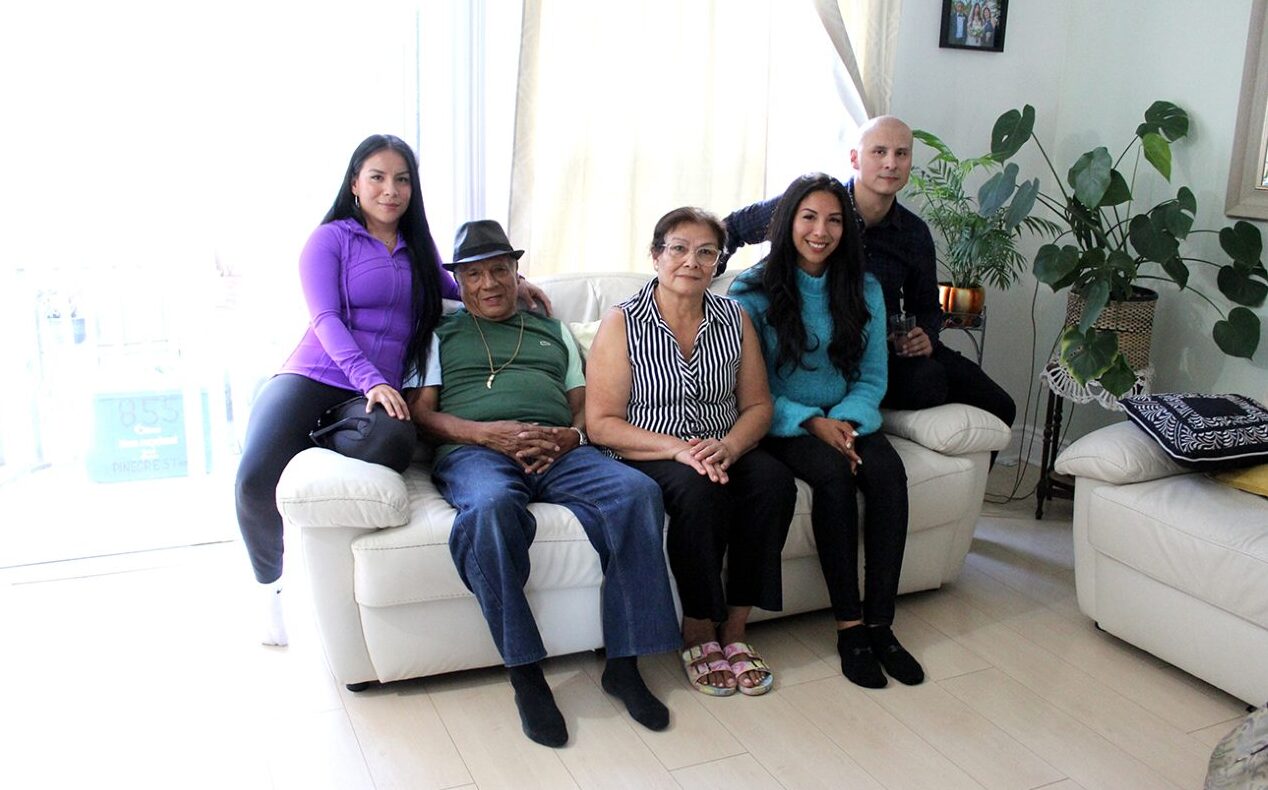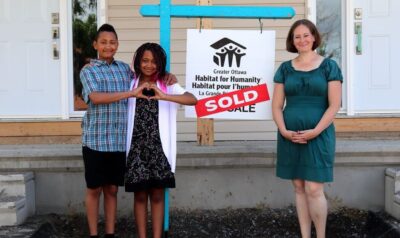A Habitat for Humanity home changed everything for a young Diana Romero.
Her parents — refugees from the Salvadoran civil war — had struggled since arriving in Canada in 1986. Her father, Carlos, had been a physician in El Salvador but could work only as a personal support worker and then a dental technician in Canada because of the onerous licensing requirements to practise medicine here. Diana’s mother, Eva, managed to earn an income as well even with a brood of four children at home.
The family’s financial constraints meant having to live in an Ottawa neighbourhood where crime and violence were rife and in a rented house with mice and mould. Owning their own home was little more than a fantasy.
That changed when the family became owners of a Habitat for Humanity home in the Britannia area in 2006. For Diana, who was 14 at the time, “it meant support, freedom, a safe space… We could feel proud to have guests over. It improved our health because we were able to go outside and feel safe. I could go on runs.”
The financial stability of being Habitat homeowners also meant her parents could invest in her extracurricular life as a competitive soccer player, and Diana could save for her university tuition.
“It changed my entire world, my trajectory and my future,” says Romero, now not only a practising nurse but also a successful real estate agent and property investor.
Her siblings also saw their futures transformed as their parents’ new-found stability meant the three children still living at home — Liette, Diana and George — could attend college or university without worrying that the cost would cripple their parents’ finances.
Their other sister Denise, off on her own by 2006, was also secure in knowing she could come back to visit and find the family in a safe home.
After years of hard work and personal sacrifice, Carlos and Eva recently paid off their mortgage. They are now free to save for renovations and their retirement in the home their children and grandchildren love. “Their sacrifices were done for us,” says Diana Romero.
MORE: Habitat lends a hand to other deserving Ottawa-area families
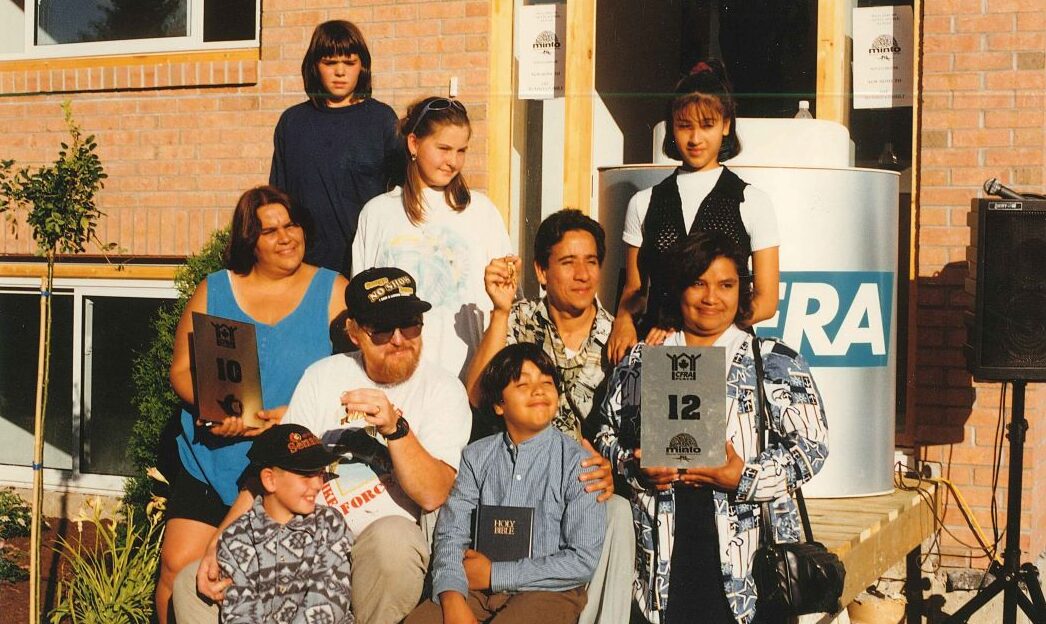
Habitat for Humanity Greater Ottawa celebrates 30 years
The Romeros’ story echoes that of many Habitat homeowners in Ottawa and around the world. Founded in 1976, the organization now operates in more than 70 countries and has helped more than 46 million people find a safe, affordable place to call their own.
In Ottawa, Habitat for Humanity celebrated its 30th anniversary this year and will hand over the keys to its 100th homeowning family in 2024.
While Habitat homeowners pay fair market value for their homes, they do not make a downpayment and their monthly mortgage premium is for the principal only. They do not pay interest and mortgage premiums are capped at 30 per cent of household income. That makes homes affordable and payments predictable, more important than ever in an era of soaring house prices and unstable interest rates.
Habitat families also put in 500 hours of volunteer time as part of their purchase. They can work on building sites, in Habitat’s ReStore or carry out other duties.
Habitat fills an underserviced niche in the housing spectrum between rentals and market homeownership, says Scott Stevenson, chair of Habitat for Humanity Greater Ottawa’s board of directors. “For some families to make the leap from rental directly into market housing can be too far. Habitat smooths out that pathway.”
He says Canada’s housing affordability crisis and faster population growth means a Habitat for Humanity home plays a larger role in the housing market by enabling some renters to become owners, freeing up rental homes for others.
There are other community benefits, he says. For instance, he points to a study that found for every Habitat home built, $175,000 goes back into society because affordable homeownership means less reliance on social housing and food banks, better educational, financial and employment outcomes, and improved health and well-being overall.
“So, not only are we building safe, secure and affordable housing, we are helping to build healthier, stronger communities.”
Over the past 10 years, Ottawa’s Habitat chapter has scaled up the number of new homeowners by building many more multi-family dwellings, including Kemptville Korners. The 15-unit project in Kemptville is a joint build with Habitat Thousand Islands and features townhomes and stacked homes, including some accessible units.
When completed in 2024, the site will house up to 64 individuals, including more than 30 children, another example of how Habitat has become not just a home builder but what Stevenson calls “a developer of communities.”
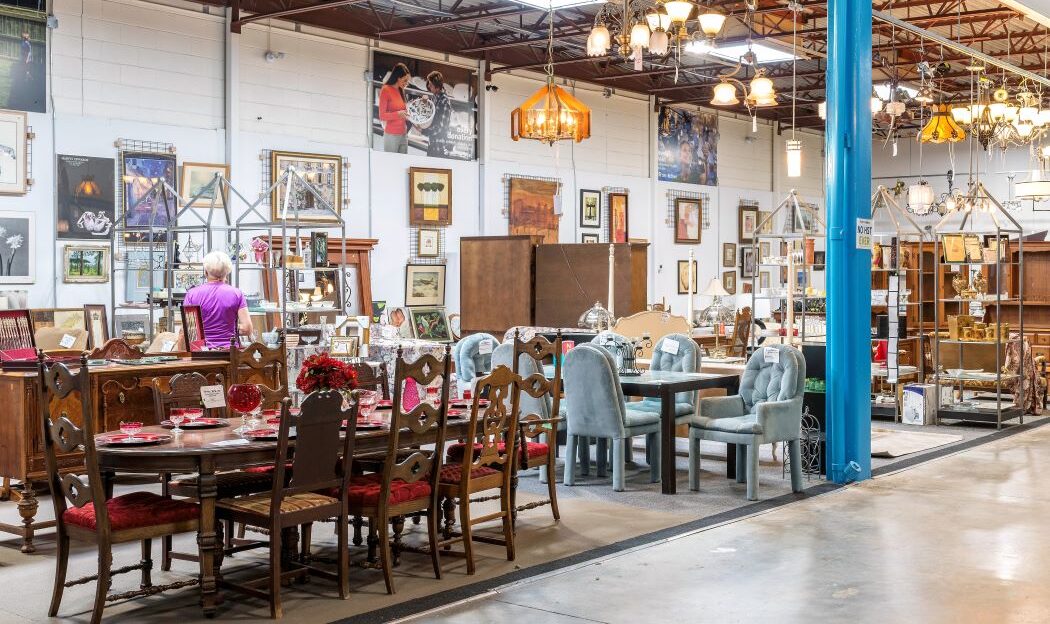
ReStore: A key part of Habitat for Humanity Greater Ottawa
Habitat’s two non-profit ReStores, one on Belfast Road in Train Yards and a second, larger location on Iber Road in Stittsville, are key revenue sources for the organization.
Open seven days a week, they brought in more than $2.2 million in 2022 alone through the sale of donated, new and gently used home improvement items, from renovation materials to home furnishings and appliances, at a fraction of the original price. Donations come from homeowners, the housing industry and retailers.
The ReStores, which sell mainly to the general public as well as some smaller contractors, also diverted more than two million pounds from landfill in 2022.
“I think it’s the best concept that ever happened,” enthuses Myrna Beattie, who served as the ReStores’ director from 2006 to 2019 and now collaborates with corporate and private donors making large product donations. “We get great stuff, and it kills me that the next stop would have been the landfill.”
MORE: ReStore goes big in Stittsville
Beattie says there are always 3,000 to 4,000 items for sale listed on the stores’ website, including flooring, tools, building materials and a growing home decor selection of lamps, artwork and other items. The ReStore also recently added new clothing donated by a national donor, but it does not accept donations of used clothing.
Donations can be made to the ReStore by checking its website, and the door is always open for store volunteers.
“Our volunteer pool has really suffered since COVID,” says Beattie. “We’re looking for people who can give a minimum of four hours a week. There’s a volunteer form to fill out online.”
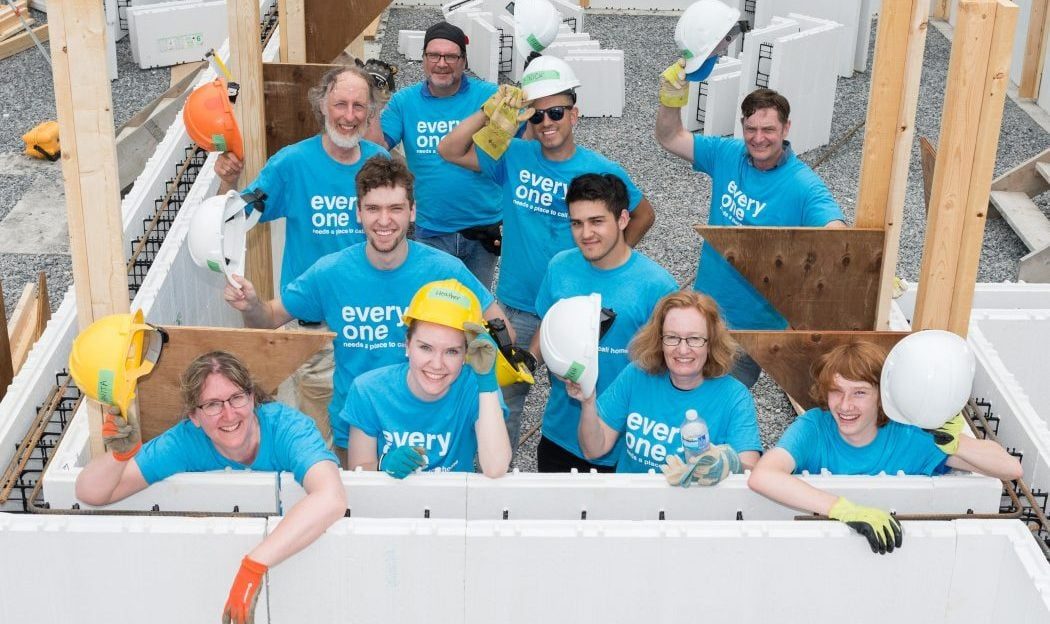
Looking ahead & getting involved with Habitat
Habitat’s Ottawa chapter is looking to expand its reach again in 2024 and beyond.
A third ReStore is in the works, and the organization is planning to serve more families with multi-family dwellings.
Stevenson says the local Habitat has more properties in its pipeline and is now identifying potential projects as it continues to look for more land. It would also like to do multiple builds at once.
“To do that we need to increase our revenues, but we also need to enhance our partnerships. We are looking to partner with other not-for-profits and with other developers and builders who can help us to grow.”
Habitat for Humanity is always looking for financial donations and more volunteers, Stevenson adds. Whether it’s in the ReStore, joining a committee or helping families with housing applications, volunteers are the life blood of Habitat.
MORE: On the job with Habitat for Humanity
And for those who enjoy swinging a hammer, Build Days are fun. Companies, schools and neighbourhood group put together a team for a day of physical labour on a site under the supervision of a crew leader.
“Habitat is a community-making enterprise,” says Stevenson. “We create strong social connections between people.”
